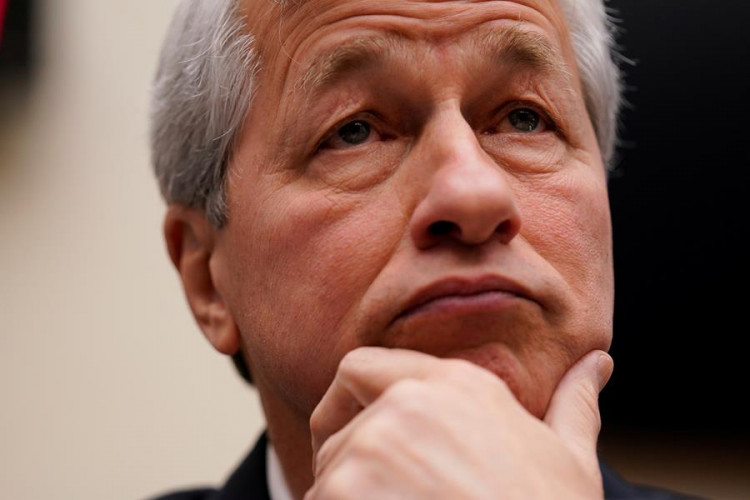JPMorgan Chase CEO Jamie Dimon issued a stark warning on Wednesday about the state of the U.S. stock market, describing it as "kind of inflated" and highlighting broader economic and geopolitical risks that could affect future stability. Speaking at the World Economic Forum in Davos, Switzerland, Dimon expressed concerns about deficit spending, inflation, and rising global tensions, underscoring his cautious outlook in contrast to the prevailing optimism in the business community.
"Asset prices are kind of inflated, by any measure. They are in the top 10% or 15% of historical valuations," Dimon said in an interview with CNBC's Andrew Ross Sorkin. His remarks came as the S&P 500 has experienced consecutive years of significant gains, exceeding 20% annually in both 2023 and 2024-a feat not achieved in over 25 years. Despite the bullish trend, Dimon noted that segments of the bond market, such as sovereign debt, are trading at "all-time highs," further amplifying his concerns about valuation levels.
Dimon, who has led JPMorgan to its status as the largest U.S. bank by assets and market valuation, has been a prominent voice in financial circles. His warnings about an economic "hurricane" in 2022 have yet to materialize, as the U.S. economy has outperformed expectations in recent years. However, Dimon remains cautious, particularly regarding the impacts of ongoing deficit spending and uncertainties surrounding inflation. "What I'm a little cautious about is the deficit spending; it's a global issue, not just an American issue," he said. "And the related [question], 'Will inflation go away?' I'm not so sure."
Global geopolitical tensions, including the war in Ukraine, instability in the Middle East, and rising challenges from China, have further fueled Dimon's concerns about the future. "It's just got me very concerned how it's going to affect our world for the next 100 years," he remarked.
Dimon also weighed in on President Donald Trump's tariff-heavy economic strategy, which has faced criticism from economists and businesses concerned about inflation and potential trade disruptions. Dimon defended the use of tariffs as a tool to strengthen national security and leverage trade negotiations. "If it's a little inflationary, but it's good for national security, so be it. I mean, get over it," Dimon stated, underscoring his pragmatic view of the administration's approach.
Trump has proposed a 10% tariff on Chinese goods and a 25% tariff on imports from Mexico and Canada, set to take effect in February. Dimon suggested these measures could be part of a strategy to bring trading partners to the negotiating table, potentially resulting in more favorable trade terms for the U.S. "These threats can be used effectively to bring people to the table," Dimon said, hinting that the actual tariffs may be less severe than initially suggested-or might not materialize at all.
Despite his cautious tone, Dimon acknowledged that the U.S. economy has shown resilience, boosted in part by the optimism surrounding Trump's pro-growth administration. The CEO also indicated no plans to enter politics in 2028, brushing aside speculation about his potential candidacy.






